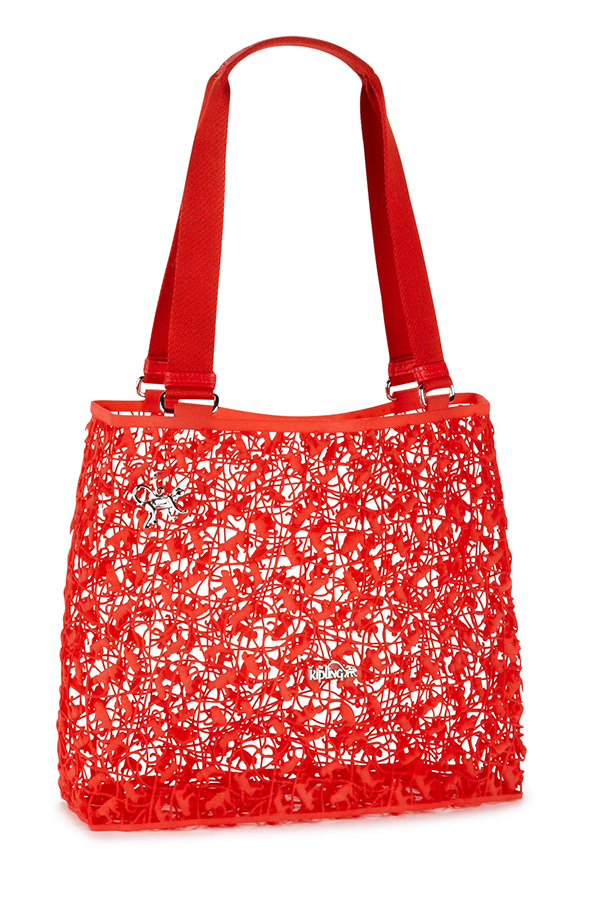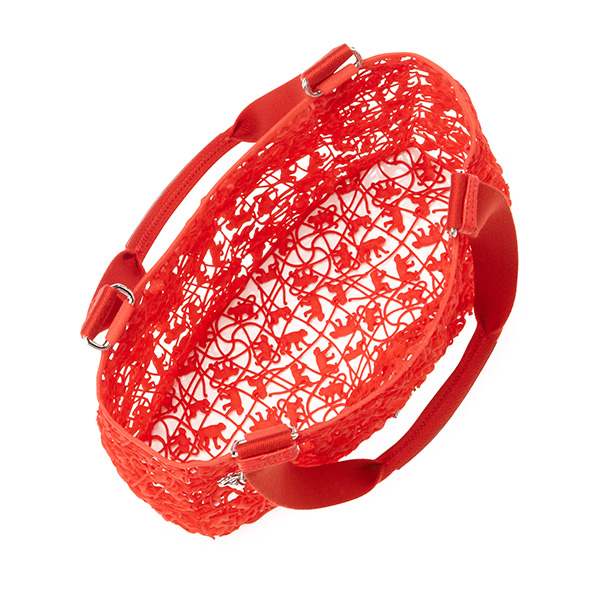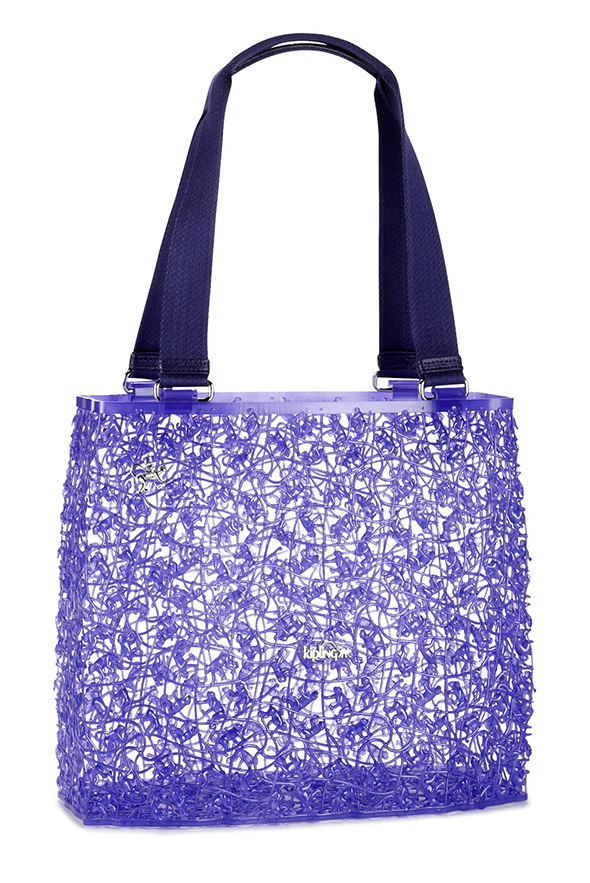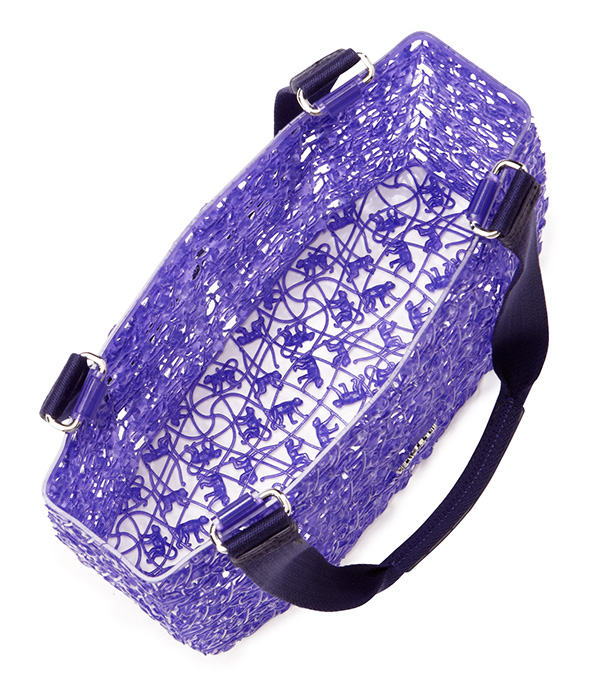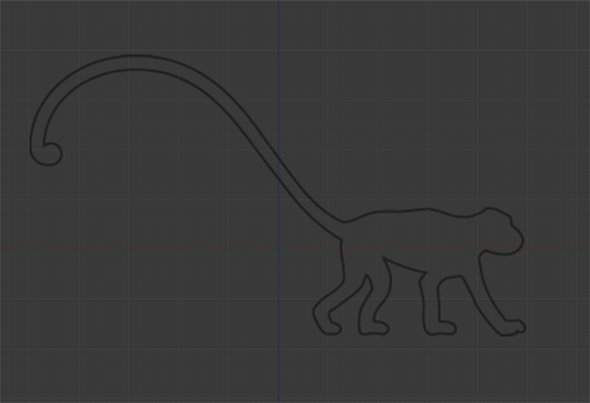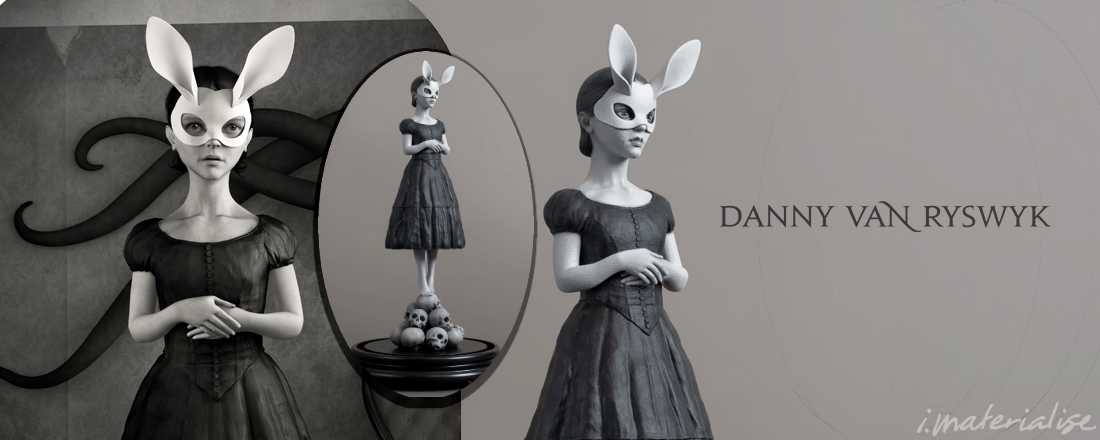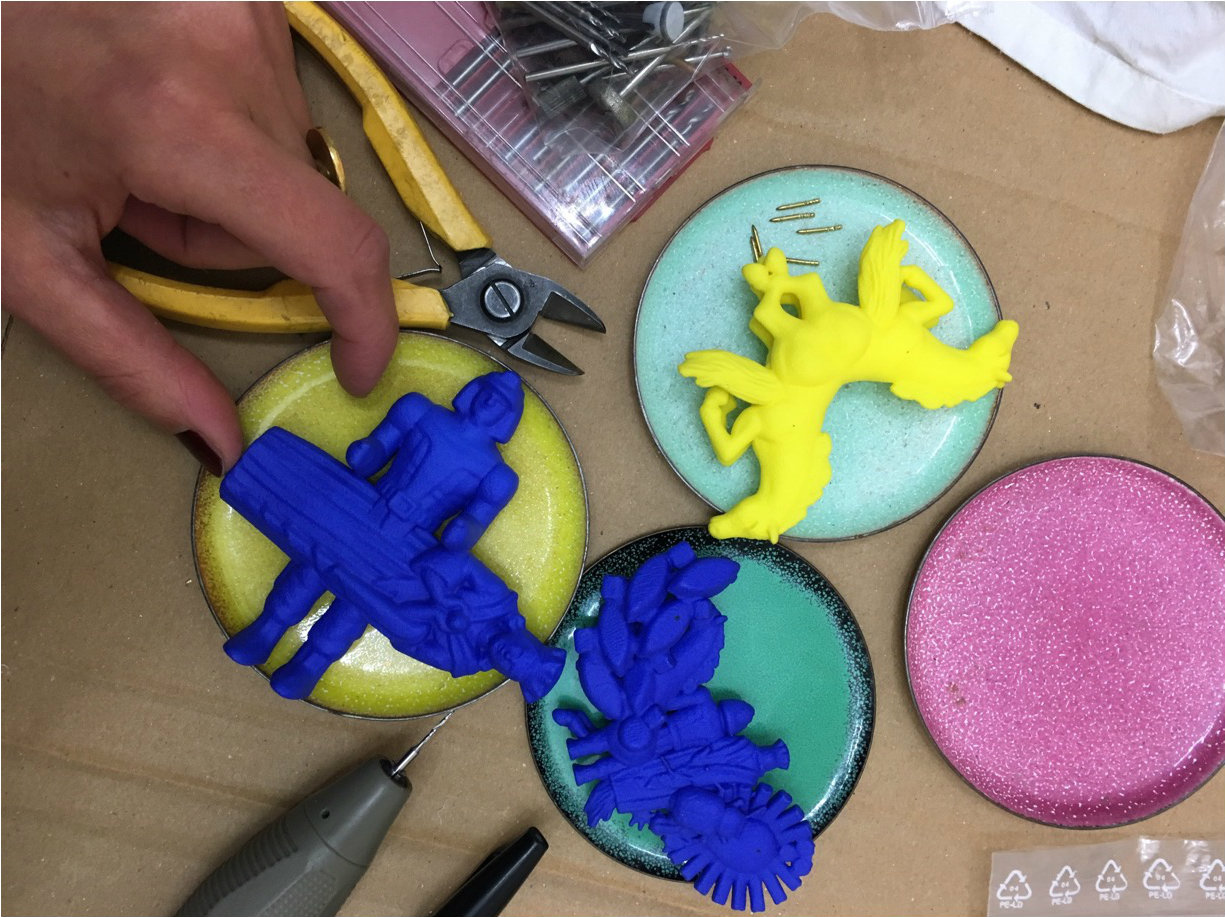
Kipling Enters the World of 3D Printing: No Monkey Business
Ever since they started in 1987, Belgian bags and accessories brand Kipling has given its monkey mascot a prominent role. No one can say ‘Kipling bag’ without referring to the iconic monkey key chains. For their latest collection ‘Monkey Madness’, Kipling and Materialise took it one step further. Based on the Monkey Madness collection, the “City Jungle Shopper” is a co-creation between Kipling and Materialise to showcase Kipling’s trademark monkey in the world’s first fully-flexible 3D Printing material TPU 92A-1.
From 2D to 3D
The idea consisted of creating a 3D printed plastic bag starting from the Monkey Madness collection, which is based on different designs of the Kipling monkey. Materialise engineers started by converting the 2D monkey silhouettes into 3D shapes and designed 4 different 3D patterns in the 3-matic software. The customer chose one out of these 4 prototyped patterns.
“Materialise really took us to another dimension with these monkey bags through their 3D Printing technology. We are always looking for innovative approaches for our bags, and we are very happy with our new City Jungle Shopper bag. We hope to work again with Materialise to create more state-of-the-art products!”
Jürgen Derycke – Media – PR & Digital Marketing Manager
Kipling and Materialise decided on a structure with the monkey’s tails touching to create a pinwheel effect in the pattern. Once the right pattern had been chosen, bottom and top rims were added to the design for overall stability. Hooks on the top rim ensured later attachment of shoulder straps. The final piece was printed in 1 piece.
Materialise printed two types of bags in two distinct materials: one is made in Materialise’s latest fully-flexible material, TPU 92A-1 (called rubber-like on i.materialise) using laser sintering technology and the other one is made with more traditional epoxy material using Materialise’s Mammoth Stereolithography technology.
This project demonstrated Materialise’s extended expertise in the entire process of 3D printing, from design and engineering all the way to the printing and finishing.
Win the exclusive 3D bag!
Click here to enter to win this bag between March 14, 2014 and April 2, 2014.


